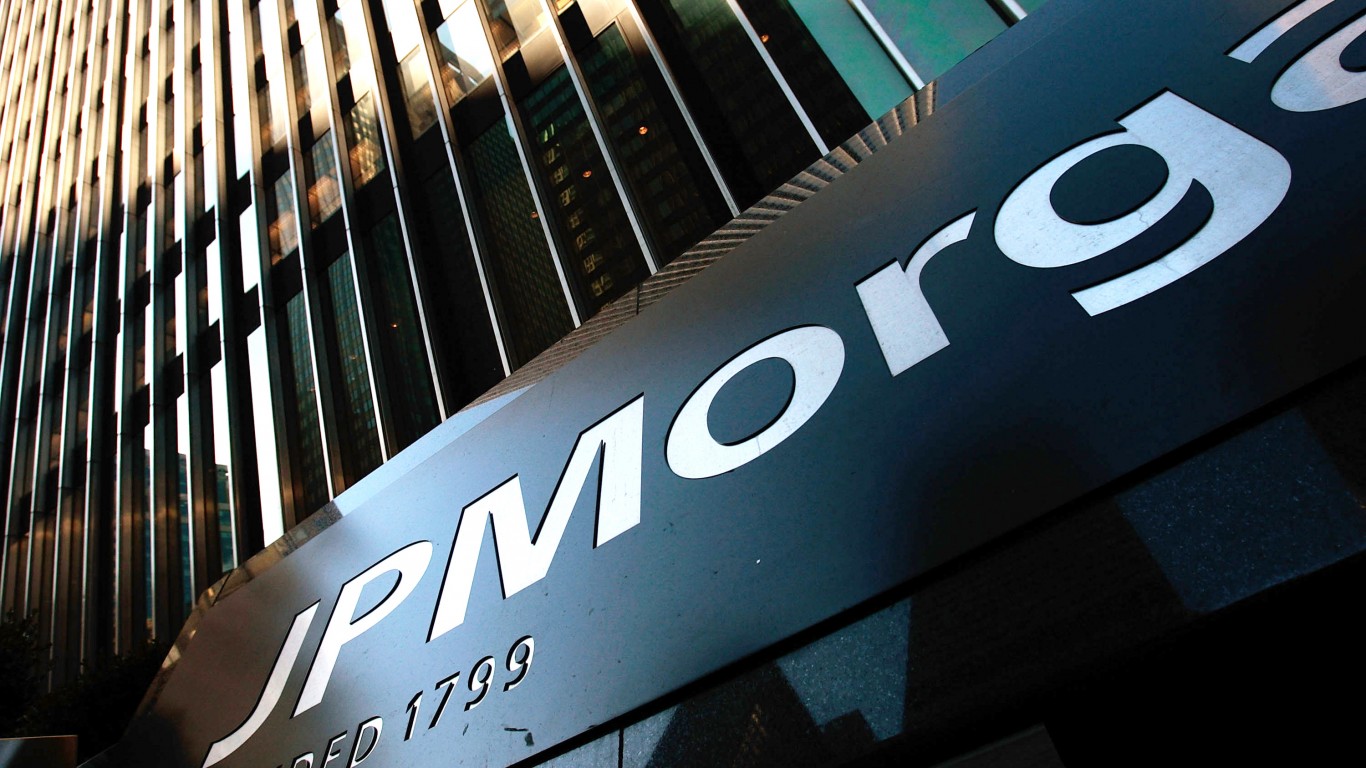

JPMorgan has proposed so-called “deposit tokens,” which refer to transferable tokens issued by a licensed institution on a blockchain, as a better alternative to modern-day stablecoins. The bank argued that deposit tokens are much safer than stablecoins as they don’t pose systematic risks to the financial system.
JPMorgan Remains Bullish on Blockchain Technology
JPMorgan has long been bullish on blockchain technology, noting that it has some real-world use cases applicable to the financial industry. The bank has even taken some active steps in experimenting with this innovation, exploring potential decentralized finance (DeFi) applications in various markets.
In November last year, JPMorgan, along with two other global banks including DBS Bank and SBI Digital Asset Holdings, conducted foreign exchange and government bond transactions against liquidity pools comprising tokenized Singapore Government Securities Bonds, Japanese Government Bonds, JPY, and SGD via Polygon, an Ethereum L2 network.
Furthermore, the bank’s Onyx blockchain network processed over $300 billion in short-term loans by June last year since its debut in December 2020. Onyx is a blockchain-based platform for wholesale payment transactions, which can help to re-architect the way money, information, and assets are moving around the world, according to JPMorgan.
And more recently, JPMorgan has proposed leveraging blockchain technology to create “deposit tokens,” which are blockchain-native “cash equivalents” that can act as liquid means of payment and stores of value in blockchain-native environments — or, in other words, an alternative to stablecoins.
How Deposit Tokens Can be Better than Stablecoins
In a recent report, JPMorgan claimed that while stablecoins have found some use-case as a form of money transfer, they would fall short of meeting regulated banking needs and growing big enough to address all the needs. In response, the bank announced a new concept called deposit tokens.
Issued by a licensed depository institution, these tokens will function similarly to traditional deposits. “Given that deposit tokens are commercial bank money embodied in a new technical form, they sit comfortably as part of the banking ecosystem, subject to regulation and supervision applicable to commercial banks today,” the bank said in the report.
Furthermore, JPMorgan said deposit tokens could enable advanced programmability features, the ability to exchange funds with other digital assets atomically, and the transfer of commercial bank money on ledgers that enjoy transparency and immutability, improving traditional payments and liquidity management-related uses of commercial bank money. The banks said:
“Deposit tokens also operate as a realistic alternative to stablecoins, on both public and permissioned blockchain environments, and can be offered organically within the regulatory and commercial framework applicable to modern banking institutions.”
JPMorgan argued that deposit tokens could meet demand at scale for blockchain-based payment technologies courtesy of their ease of transfer and the potential interoperability that can create significant improvements to market efficiency. The bank added:
“The natural integration of deposit tokens with the banking sector positions them as a convenient payment or settlement tool for large entities that may wish to optimize their liquidity with commercial bank money on and off-chain, enabling users to easily swap between non-tokenized deposits and deposit tokens.”
This article originally appeared on The Tokenist
Sponsored: Want to Retire Early? Here’s a Great First Step
Want retirement to come a few years earlier than you’d planned? Orare you ready to retire now, but want an extra set of eyes on your finances?
Now you can speak with up to 3 financial experts in your area for FREE. By simply clicking here you can begin to match with financial professionals who can help you build your plan to retire early. And the best part? The first conversation with them is free.
Click here to match with up to 3 financial pros who would be excited to help you make financial decisions.
Thank you for reading! Have some feedback for us?
Contact the 24/7 Wall St. editorial team.



